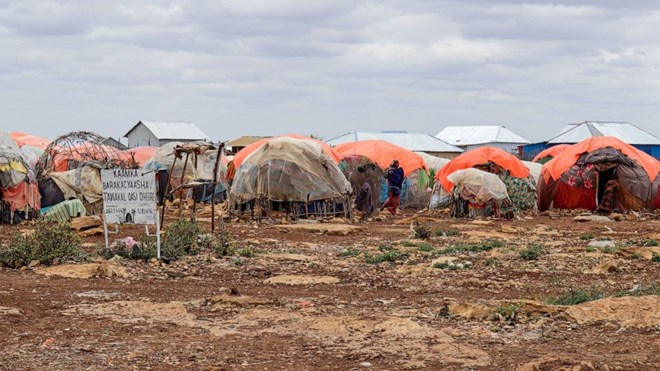The extremist group al-Shabab is believed to control or have influence over areas where close to 1 million Somalis who are drought-affected live. The United Nations has pleaded with the fighters to permit humanitarian access because famine is threatening the nation.
James Swan, the special representative of the U.N. secretary-general in Somalia, told journalists on Wednesday that the 900,000 residents of those regions make up a “relatively small” portion of the more than 7 million people who are in need as the nation in the Horn of Africa experiences its worst drought in many years. There have been thousands of fatalities, including many kids.
Swan said that it is “obviously regrettable” that access is still difficult due to al-Shabab and added that discussions are still ongoing with Somali organisations and private sector companies that might be able to travel to areas the extremist group controls or exerts influence over.
A quarter million people perished in Somalia’s famine ten years ago as a result of Al-opposition Shabab’s to relief efforts.
A formal famine declaration for parts of Somalia could be issued by the end of the year, the U.N. warned weeks ago. This is a rare occurrence.
Swan predicted that the following report from an ongoing analysis of the drought data should be released in the following three weeks.
Like other nations dealing with protracted humanitarian crises, Somalia experienced a decline in donor support this year as attention shifted to Russia’s invasion of Ukraine.
Swan reported a “significant increase in assistance delivery” in recent months, but the U.N. says more work needs to be done.

